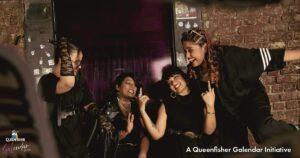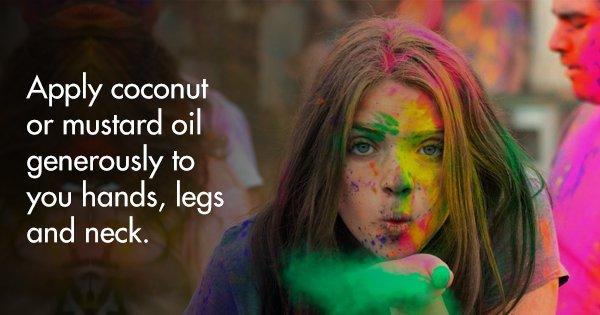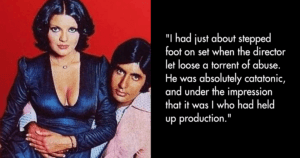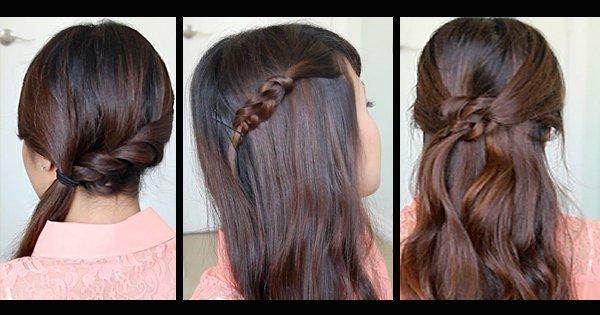Growing up with a dusky skin-tone, colours had a very different meaning in my life.
Pink was supposedly the colour that only suited really fair girls.
Orange looked too bright and borderline cheap so I was asked to avoid it.
And turquoise meant I was trying too hard.

That is the sort of conditioning most people with a dusky skin-tone are brought up with. Somehow, the vibrant colour palette has nothing but shades of black and white for us. If it’s not a warning about colours that are not meant for us, there are daadi ke nuskhe to ‘improve’ our skin colour, implying that we clearly lie at the bottom of the pyramid of skin colours.
“Besan nahi try kiya?”
“Beta, never go out of the house without a sunscreen. Iss skin tone par tan acha nahi lagta.”
“Arre ab toh itne saare fairness creams bhi hain. Have you tried any?”
‘Em taunts keep coming.
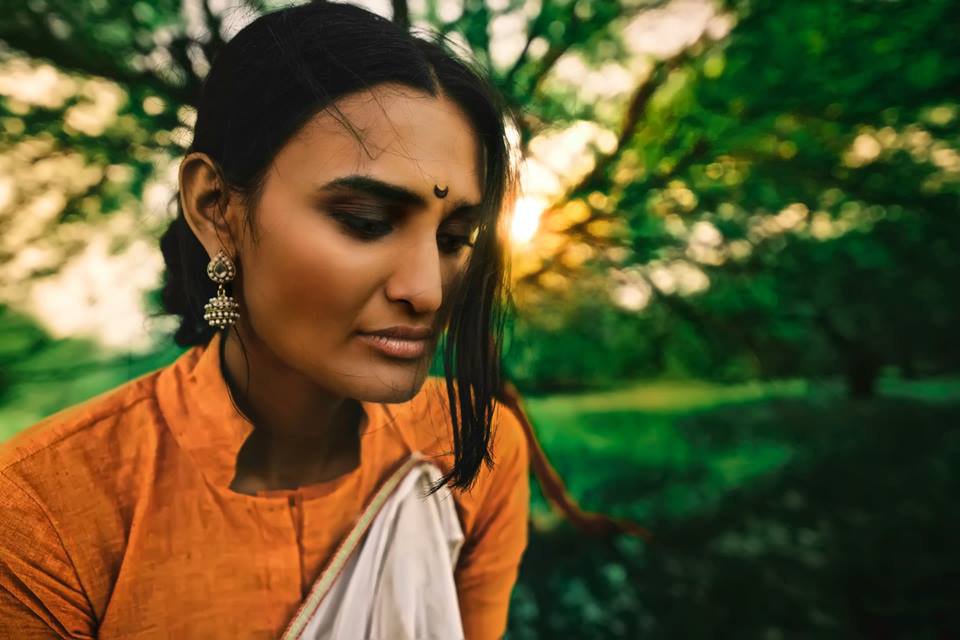
Frankly, you’re more prone to being affected by these taunts when you’re younger. The moment you hit puberty, you embark on a journey of self-acceptance but when you’ve been told all your life, through taunts, tips, and jokes that your colour is less attractive, less desirable and less acceptable, you start to believe it’s true.
A lot of people call India’s obsession with fair skin the ‘Snow White Syndrome’. The same obsession is the reason why the sale of fairness products has often been higher than that of Coca Cola for years. Yes, that happened.
Fairness products are selling more than some beloved aerated drinks because the industry has caught the right nerve to play people by.
Insecurities.
Advertisements, the neighbourhood aunties’ comments about sanwala rang and matrimonial advertisements where age or caste is flexible but only if you’re a fair and beautiful charming woman just add to these insecurities.
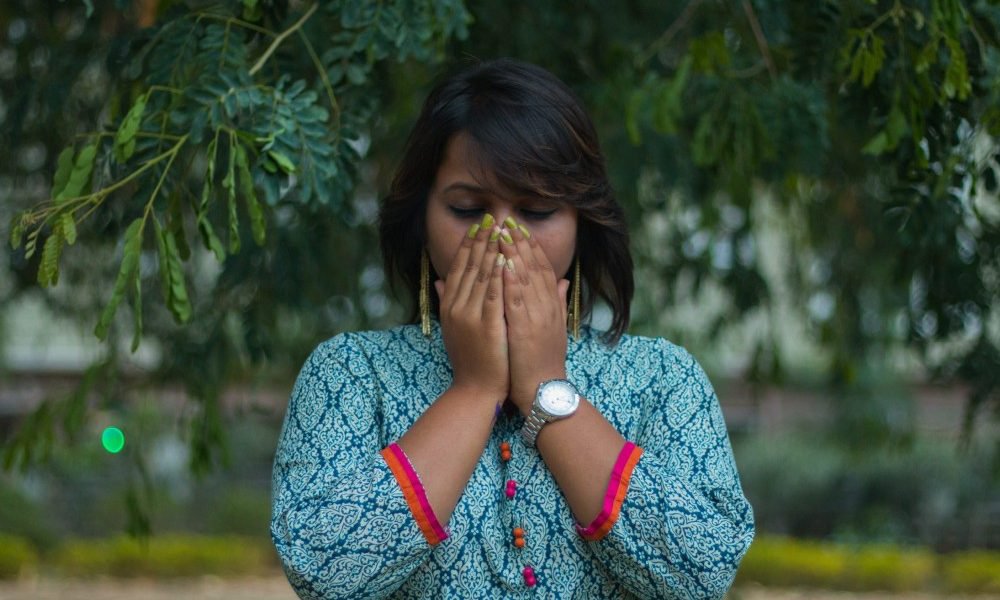
When you’re brought up on a steady diet of fairness cream advertisements and dolls with only fair skin, this shallow beauty standard seeps into your ideology. The idea transitions into what the media wants you to believe which basically implies that you’re lesser because of your skin-tone.
Colorism – the prejudice or discrimination against individuals with a dark skin tone – makes people with a dark complexion feel like they’re not beautiful. The same prejudice forces various people to confront their own skin with a certain aggression that can be calmed only by the sweet names of fairness products which promise you that all your dreams will fall right into your kitty, ONLY if you’re fair.
I was just 5 when the fairness products got to me. I bathed with a soap whose USP was being the ‘solution’ for dark skin. I ran to my mother and told her about how fair I looked and she looked at me and said:
But why would you want to be fair? You’re dusky and it’s the best skin complexion to have.
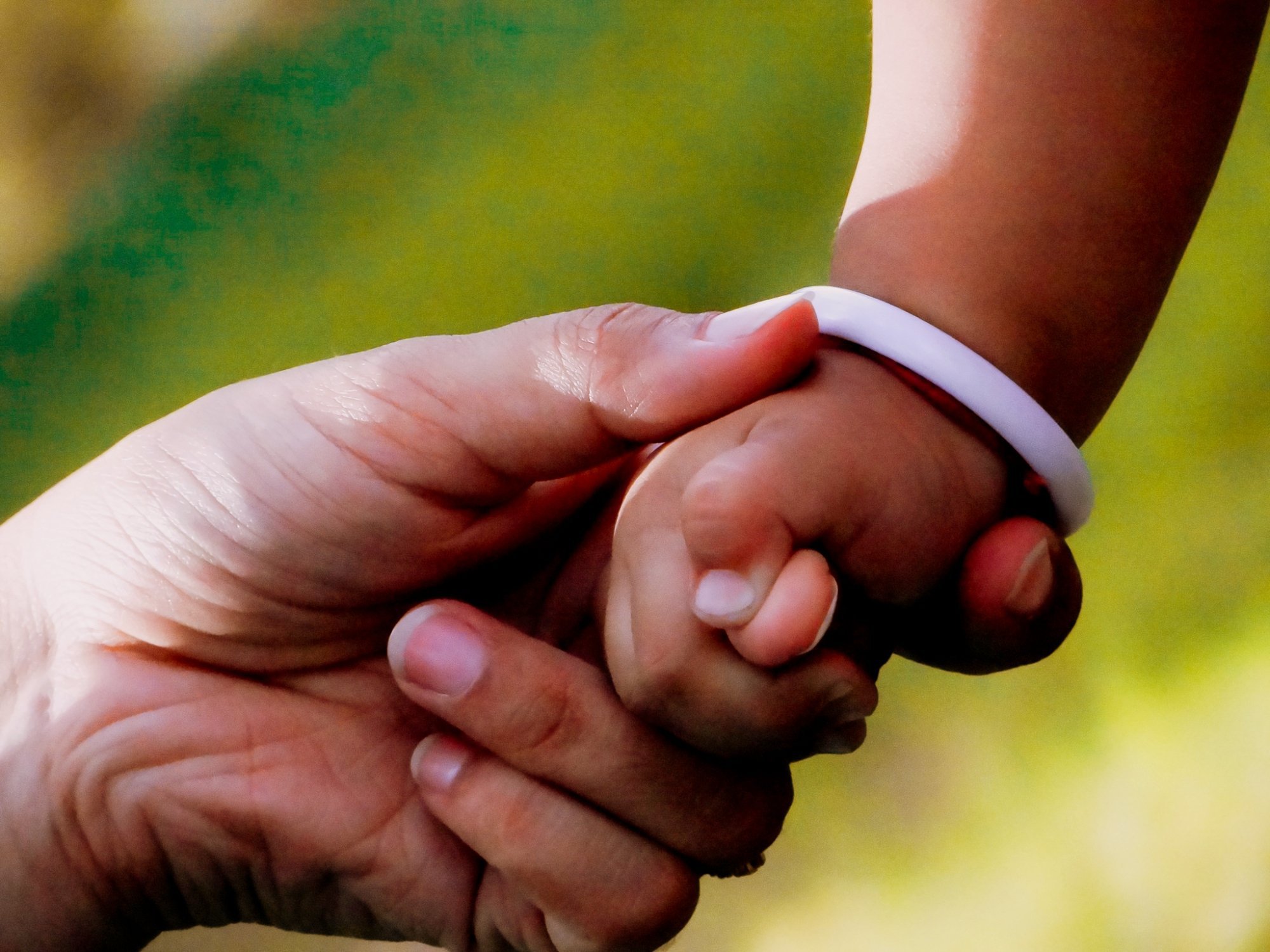
While being shielded at home was easy, the struggle began when I stepped out of the house.
The big billboards for fairness products told me I could land a cashed-up husband, the job of my dreams, all the praise in the world and what have you if only I use their product.
Magazine after magazine delivered subliminal messages that fair is the definition of beauty.
Over the years, the burden of using products came to be shared by my male counterparts too.
Then came vaginal creams to ‘make it more fair’, because having dark private parts is probably the end of the world.
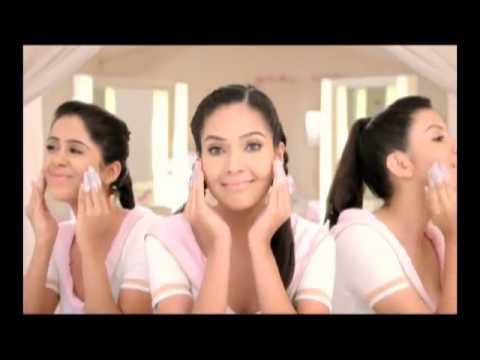
Frankly, I call bullshit on this sort of a culture that tells me one type is superior than another.
You’ve got a colonial hangover? Get a cure.
You think fair is lovely? Well, I’m not here to make you feel lovely.
Someone’s skin colour is not a value that determines their worth in the society. Moreover, we live in a tropical nation. A majority of us are dusky, with our own individual hues. The sun gives us all a beautiful tinge that we should embrace.
Let’s start loving all the colours. They’re all equal.
So, yeah, I’m unfair and proudly so.




